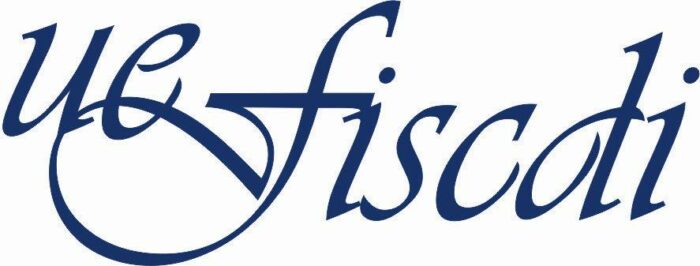Turning Global
Research ProgramsTurning Global: Socialist Experts during the Cold War (1960s - 1980s)
Turning Global: Socialist Experts during the Cold War (1960s - 1980s)

Grantee of the Young Research Teams Program launched by UEFISCDI, the project aimed at supporting early scholars in the field of the humanities who were consolidating their own research teams.
Grant: PN-II-RU-TE-2014-4-0335
Contract: 2/1.10.2015
Timeframe:
1 October 2015 – 30 September 2017
Team:
Project Leader:
Bogdan C. IACOB, PhD, Researcher, Institute of History, The Hungarian Academy of Science
Researchers:
Raluca GROSESCU, PhD, Associate Researcher, University of Exeter
Corina DOBOȘ, PhD, Researcher, University of Bucharest and University of Pharmacy and Medicine ‘Carol Davila’ Bucharest
Viviana IACOB, PhD, Research Assistant
Vlad PAȘCA, PhD Candidate, Research Assistant
The project’s general objective is to identify, during three decades of development (1960s-1980s), within five fields (economy, law, demography, theater and historical studies), socialist experts’ contributions to international debates and institution building. We will also analyze the role of such interactions in the process of change in various communist regimes (with a focus on Romania but always mindful of regional contexts in East Central and Southeast Europe).
The five expert communities are highly representative for unearthing postwar geographies and milieus alternative to bipolarism if they are situated in relation withthe issue of development. The latter was the cardinal problem of inter-governmental and trans-systemic debates from 1960 to 1980s. it was increasingly defined as a total phenomenon. Development could not be disentangled from the past, local culture, social change, legislation, education, or demography. Consequently, the communities which we target cover complementary agendas central to the transfer of knowledge within clusters of national, regional, and global environments:
- Economic, legal, and demographic experts were central to state socialisms’ involvement in debates about international economic and juridical orders as well as “the population”
- Historians and theater practioners were at the forefront of their respective regimes’ cultural diplomacy, while inextricably tied to identity and aesthetic controversies of the post-1960s
The project focuses on transfers, communication, mutual influences, and adaptations within the five expert communities in two main contexts:
International institutions – United Nations Economic Commission for Europe and the International Economic Association; U.N.’s Population Commission; U.N.E.S.C.O.’s International Association for Southeast European Studies as well as the International Committee for Historical Studies; and the International Theatre Institute.
Events that were landmarks in global debates (U.N. Convention of the Non-Applicability of Statutory Limitations for War Crimes and Crimes against Humanity in 1968 and the World Population Conference in 1974).
Events within the Project:
-Workshop:
“Populație și dezvoltare”. Teorii ale populației în timpul Războiului Rece. O perspectivă românească
Centrul de Studiere a Populației, Cluj-Napoca, 16 martie 2016